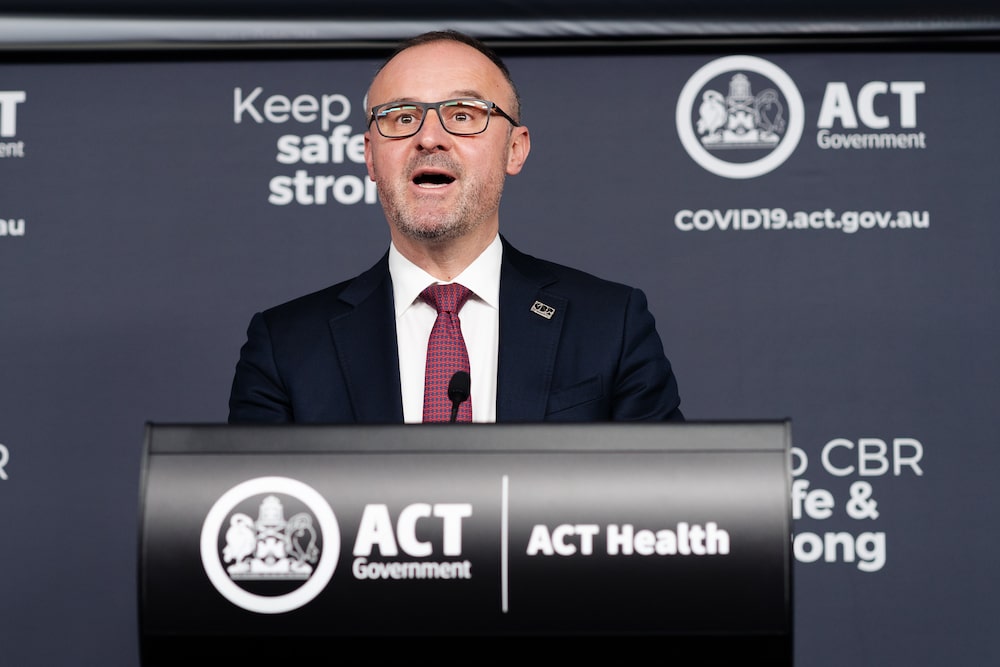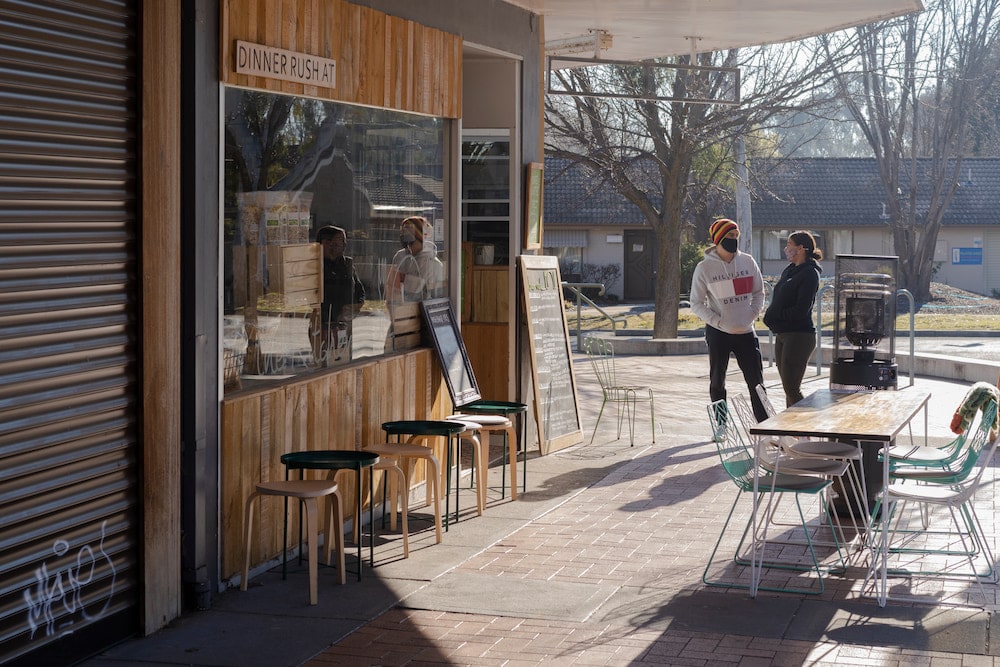
According to a new industry survey, almost nine in 10 (89 per cent of) Canberrans support proof of vaccination being mandatory to enter hospitality venues when restrictions ease.
Eleven per cent of ACT residents polled didn’t mind either way, while zero per cent disagreed with the sentiment.
The nationwide poll, released by SevenRooms, a guest experience and retention platform for the hospitality industry, found 65 per cent of Australians agree or strongly agree that customers should be required to show proof of vaccination if a venue requested it upon booking or arrival.
One in five disagreed, while 14 per cent were unsure.
The results are from a survey of 1,015 Australians in August 2021.
The ACT Government, however, has indicated they have no plans to implement or mandate such a system.
Chief Minister Andrew Barr has repeatedly described a vaccine passport “a solution to a problem that doesn’t exist” in the ACT, given the high uptake of vaccines locally and speed of progression between the thresholds.
The difference between 70 and 80 per cent for the ACT is around 37,000 vaccinations, which at 8,000 vaccinations a day equals just a further five days of vaccinating.
“Why would we go through the entire rigmarole of putting in place such a complex set of systems with fraud risk, with compliance nightmare associated with it, for the sake of five days of extra vaccinations,” Mr Barr said last month.
Proof of vaccination in ACT ‘must come with more patrons’

Australian Hotels Association ACT (AHA ACT) general manager Anthony Brierley said the hospitality industry would have been in favour of proof of vaccination if they were allowed more patrons in venues.
“For us, the benefit of proof of vaccination is only if it is accompanied by having more patrons,” he said.
“If proof of vaccination can be accompanied by having more patrons during November, then it is definitely a worthwhile trade-off.”
From next Friday, 15 October, licensed venues, cafes, and restaurants will be able to operate seated service to a maximum capacity of 25 across a venue, or one customer per four square metres indoors if the total is fewer than 25.
Then, from 29 October, licensed venues, cafes and restaurants will be able to cater for 25 people across the venue before any density limits apply.
Beyond that 25 person base, it will be one per four square metres up to 100 people, and one per two square metres outdoors up to 150 people.
By early November, over 90 per cent of Canberrans will be fully vaccinated against COVID-19.
“The hospitality industry is confused about why, when the ACT will have such strong defence against the virus, their businesses can’t trade meaningfully until December,” Mr Brierley said.
“The biggest burden on businesses trying to become profitable again is the restrictions on capacity numbers.
“It’s not something that we would support long-term, but if it helps businesses make it through these very difficult next two months then businesses will support it.”
NSW and Victoria have both announced they will follow the lead of states across the USA and many European countries by introducing a digital proof of vaccination system for fully vaccinated people to receive certain freedoms.
NSW will implement a digital proof of vaccination system to access hospitality venues, gyms, and other services from 11 October as they reopen.
Unvaccinated NSW residents will be extended the same freedoms as the fully vaccinated on 1 December when approximately 90 per cent of the state’s population have received two jabs.
In Victoria, Premier Dan Andrews last month said there would be a “vaccinated economy” upon reopening, with unvaccinated people to be “locked out” of a host of events, facilities and services.
Get all the latest Canberra news, sport, entertainment, lifestyle, competitions and more delivered straight to your inbox with the Canberra Daily Daily Newsletter. Sign up here.


